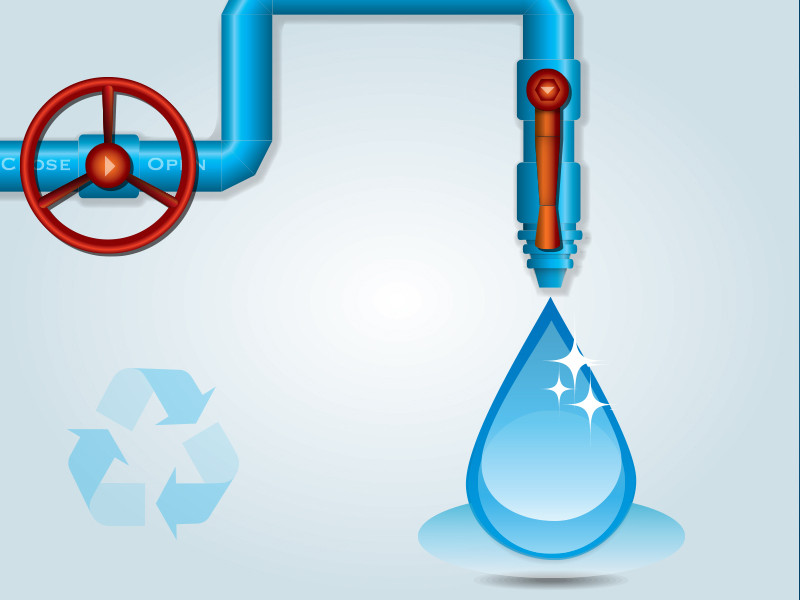Mariupol: Civilians in Ukraine’s southeastern coastal city of Mariupol have not had access to running water, electricity, or heat since March 2 when Russian forces surrounded the city, as part of a larger offensive, Human Rights Watch said on Monday.
Based on reports from city authorities, hundreds of civilians have been killed during the fighting, though the full extent of civilian casualties and damage to the city’s infrastructure is unknown due to the continued shelling and limited communications.
"Civilians in Mariupol have been trapped in a parched and freezing cold nightmare without electricity for the last six days, living under the constant threat of Russian bombardments," said Jonathan Pedneault, crisis and conflict researcher at Human Rights Watch, in a media release on Monday.
"Russian along with Ukrainian forces need to take the necessary steps to allow civilians to safely leave the city and ensure the basic needs are met for civilians who remain," he said.
According to Human Rights Watch, respecting the terms of the ceasefire and humanitarian corridor agreed to on March 4 would allow civilians to evacuate safely, facilitate rapid and unimpeded humanitarian assistance to all civilians in need, and allow for repairs of vital electricity, water, and heating infrastructure, Human Rights Watch said.
Three evacuations of civilians planned since March 5 were canceled due to continued fighting.
Mariupol, a city of roughly 430,000 people prior to the conflict, sits on the shores of the Azov Sea around the mouth of the heavily polluted Kalmius River.
International humanitarian law, or the laws of war, prohibits deliberate and indiscriminate attacks on civilians and civilian objects and attacks that cause anticipated harm to civilians disproportionate to the expected military benefit. The laws of war do not prohibit sieges by land and blockades by sea of enemy forces so long as they do not cause disproportionate harm to civilians. However, parties to the conflict must allow and facilitate the rapid passage of humanitarian aid for all civilians in need and not arbitrarily interfere with it.
Furthermore, all parties to an armed conflict must protect objects indispensable to the survival of the civilian population, including those necessary for water distribution and sanitation. Parties to the conflict need to ensure civilians’ access to adequate water and sanitation. Starvation as a method of warfare is prohibited.
International human rights law also obligates governments and de facto authorities to respect the right to water and ensure that people have sufficient, safe, acceptable, physically accessible, and affordable water for personal and domestic uses. Parties to the conflict urgently need to ensure that water and electricity are supplied to the civilian population in Mariupol and other areas affected by the hostilities without discrimination or unlawful restrictions.
"The more than 200,000 civilians trapped in Mariupol face the twin dangers of incessant shelling and an increasingly critical lack of clean water," Pedneault said.
"Parties that are not fulfilling their international legal obligations to urgently address Mariupol’s humanitarian crisis should be held accountable," he concluded.
Cek Berita dan Artikel yang lain di Google News
FOLLOW US
Ikuti media sosial medcom.id dan dapatkan berbagai keuntungan



















